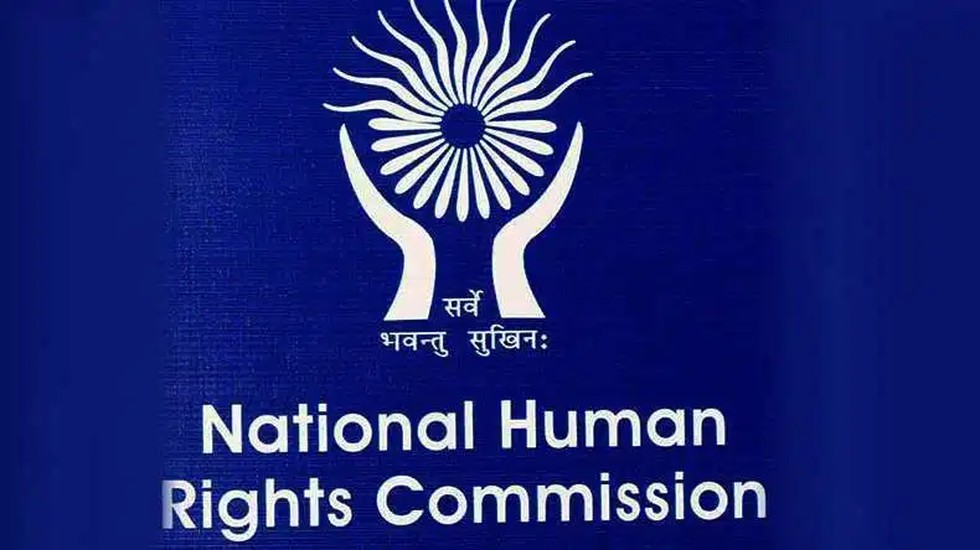About the National Human Rights Commission (NHRC)
- The NHRC is a statutory body, constituted under the Protection of Human Rights Act, 1993.
- It was established on 12th October 1993 as an independent institution to protect and promote human rights, defined under Section 2(1)(d) of the Act.
Mandate and Objectives
- The NHRC safeguards rights related to life, liberty, equality, and human dignity, guaranteed by the Constitution of India and international human rights treaties.
- Its primary objectives include:
- Strengthening institutional frameworks to address human rights issues.
- Independent investigation of alleged human rights violations.
- Supporting and enhancing the work of other institutions in promoting human rights.
Composition and Structure
- The NHRC consists of a Chairperson and up to five members, including:
- A retired Chief Justice of India (as Chairperson).
- A retired or sitting Supreme Court judge.
- A retired or sitting Chief Justice of a High Court.
- Three experts in human rights, with at least one woman among them.
- Additionally, seven ex-officio members include the Chairpersons of:
- National Commissions for SCs, STs, Minorities, Women, Backward Classes, Child Rights, and the Chief Commissioner for Persons with Disabilities.
Appointment and Tenure
- Members are appointed by the President of India based on the recommendation of a six-member committee led by the Prime Minister.
- Tenure: Three years or until the age of 70, whichever is earlier. Members are eligible for reappointment but barred from further government employment post-tenure.
